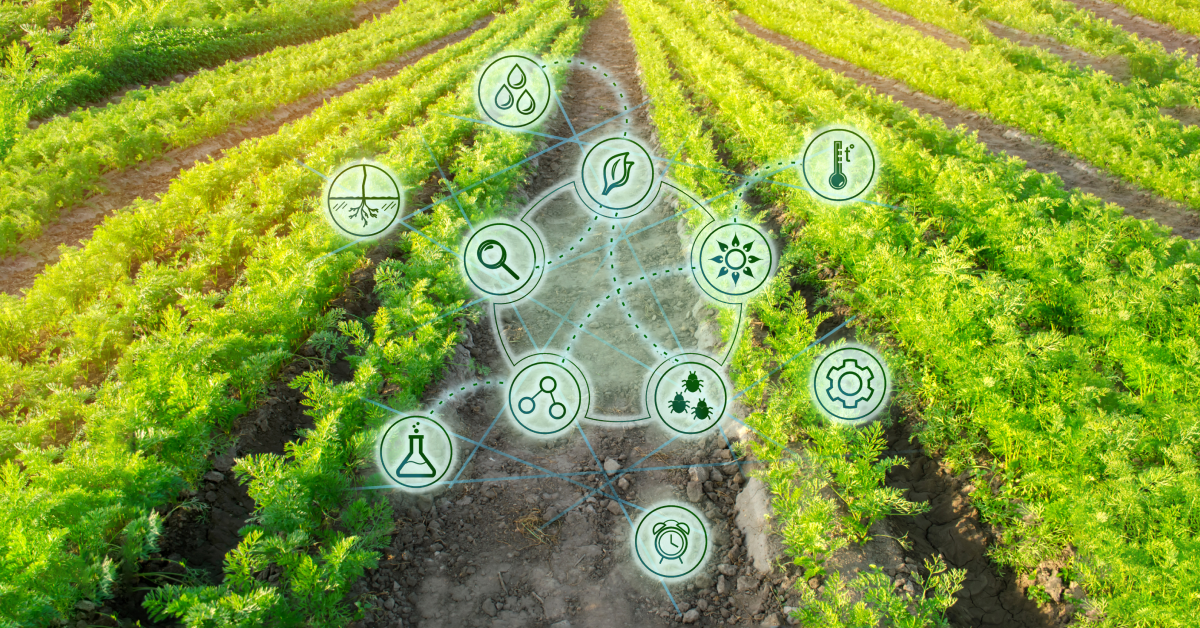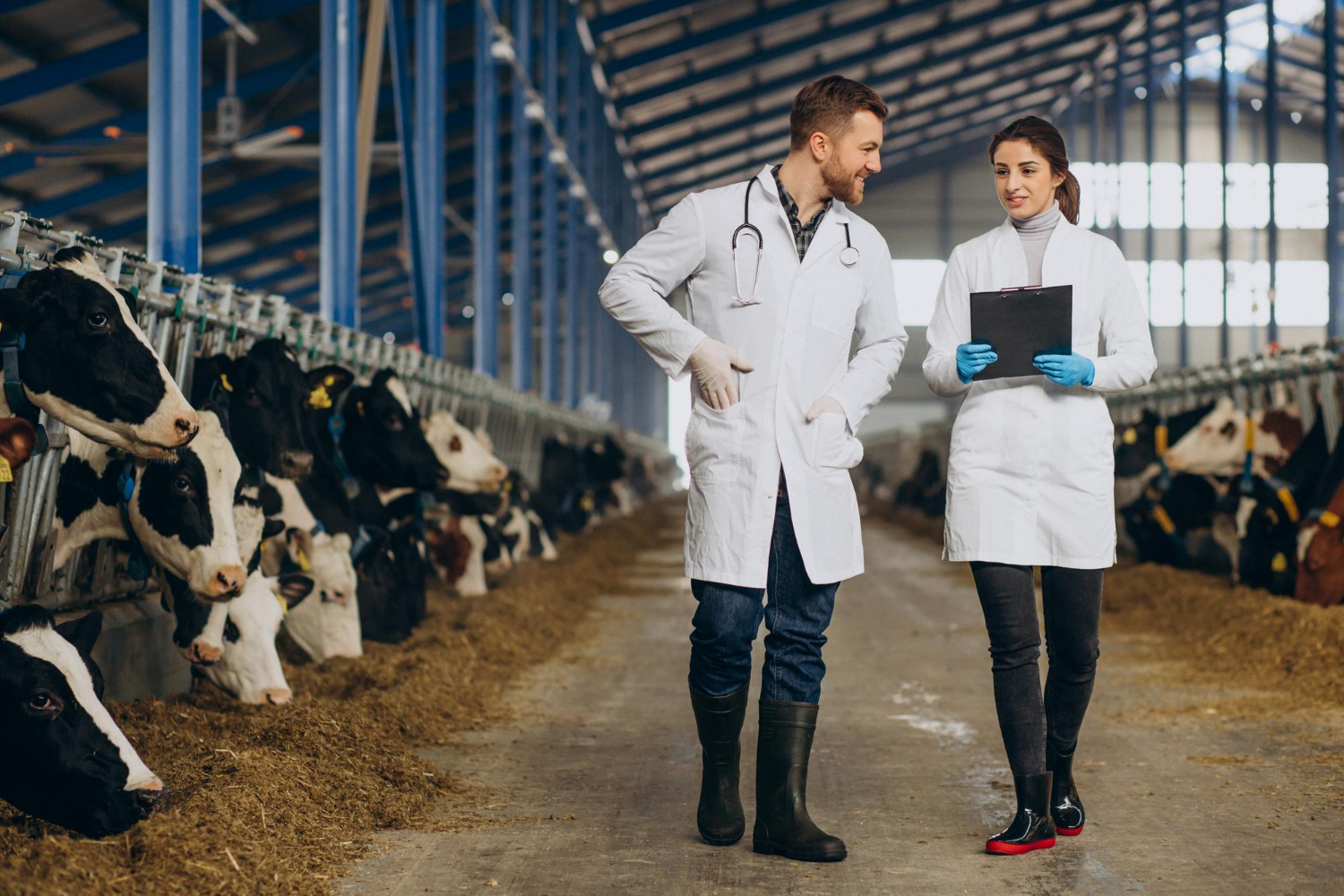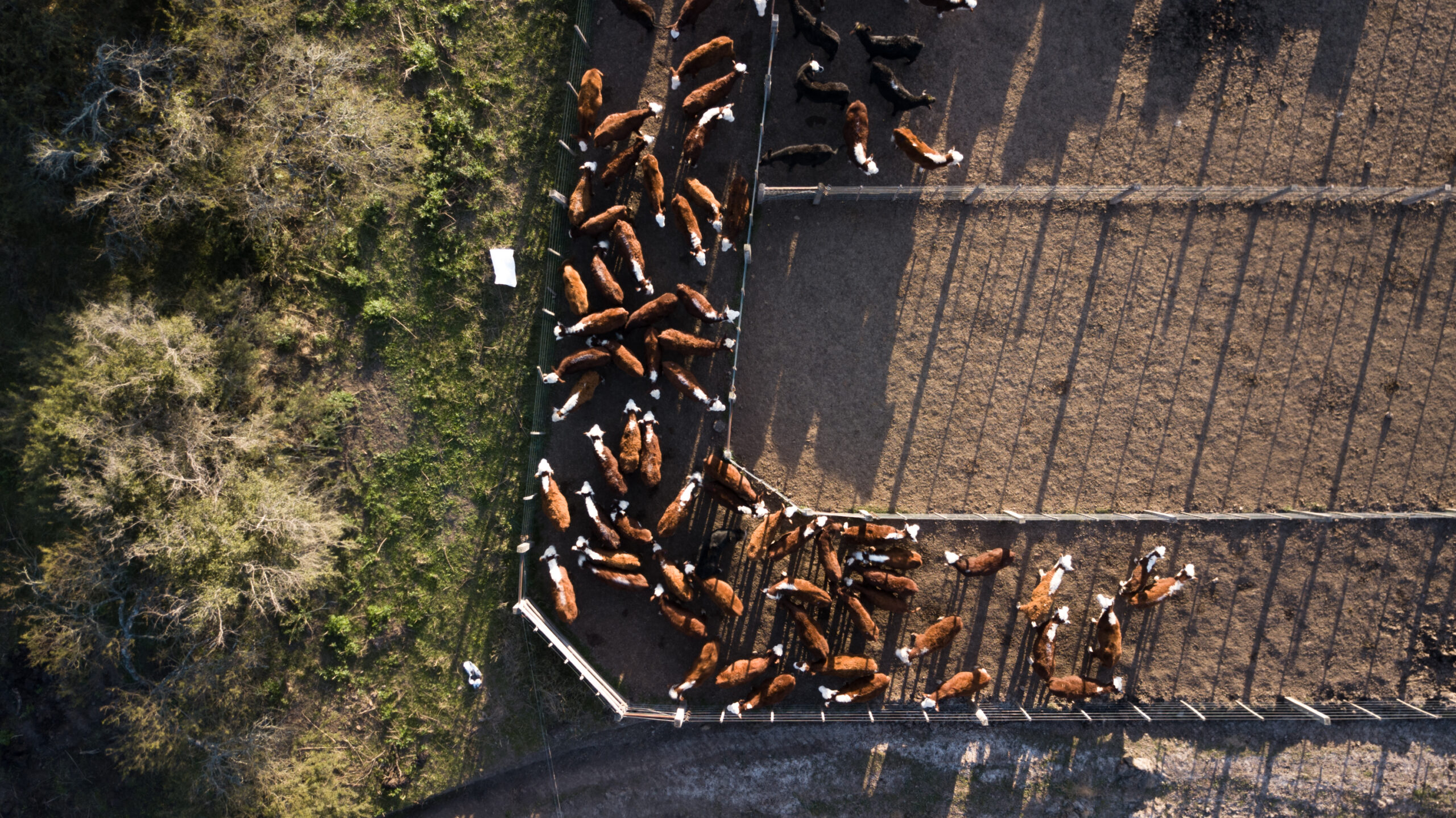Agriculture is a cornerstone of the global economy, supporting livelihoods, feeding populations, and driving trade. At the heart of this vital sector lies agronomy, a science essential for advancing and sustaining agricultural practices. Agronomy studies how plants grow and how soil, water, and climate affect agricultural productivity.
It integrates a multitude of scientific disciplines, providing insights that are crucial for modern agricultural methods. This blog will explore the role of agronomy in agriculture and its significant contribution to innovation, sustainability, and food security.
Understanding Agronomy in Agriculture
Agronomy in agriculture encompasses various scientific fields, including plant science, soil science, and environmental sustainability. It seeks to improve the production of food, fiber, and fuel crops while ensuring environmental stewardship. Agronomists apply their knowledge to optimize crop yields, enhance soil health, and develop sustainable farming practices.
Key Areas of Agronomy in Agriculture
- Crop Production: Agronomy is pivotal in understanding the science behind cultivating crops. Analyzing factors such as soil types, climatic conditions, and crop rotation, agronomists work to improve yields and ensure food security.
- Soil Management: Healthy soil is vital for thriving agriculture. Agronomists focus on soil health, fertility, and sustainable management techniques, ensuring that soils are rich in nutrients and capable of supporting robust plant growth.
- Climate Adaptation: Climate change challenges agriculture, so agronomy provides strategies for adapting farming practices. Agronomists develop techniques that help farms withstand extreme weather conditions, ensuring crop resilience.
- Plant Genetics and Breeding: Through advanced breeding techniques, agronomists enhance crop varieties to improve their resistance to pests and diseases. This innovation leads to increased productivity and sustainability.
Importance in Sustainable Agriculture
Agronomy in agriculture is integral to sustainable agriculture. It promotes practices that protect the environment while ensuring efficient resource use. It supports initiatives to reduce chemical inputs, improve soil health, and foster biodiversity.
Primary Functions of an Agronomist
Agronomists conduct research, offer advisory services to farmers, and help implement new agricultural techniques daily. Their expertise is essential in translating scientific findings into practical solutions that address real-world challenges in farming.
Historical Evolution of Agronomy
Agronomy has roots that extend back to ancient civilizations, where early farmers observed the relationships between soil, plants, and environmental factors. Crop rotation and companion planting were utilized to maximize yields and sustain soil fertility.
The Green Revolution
The mid-20th century saw the Green Revolution transform agriculture by developing high-yielding crop varieties, chemical fertilizers, and irrigation technologies. Agronomy played a vital role in these advancements, significantly increasing food production in many parts of the world.
Modern Agronomy
In the 21st century, agronomy has evolved by integrating technology and data-driven farming practices. Precision agriculture, remote sensing, and advanced breeding techniques have revolutionized how crops are managed and produced.
Innovative Agronomic Techniques in Modern Agriculture
In an era where agricultural demands constantly evolve, innovative agronomy in agriculture techniques has emerged as vital solutions to enhance productivity and sustainability in farming.
These advancements integrate cutting-edge technologies and scientific research, enabling farmers to optimize their practices while addressing critical challenges such as climate change, resource scarcity, and soil degradation.
From precision agriculture that utilizes data-driven insights to smart irrigation systems designed for efficient water usage, the modern agronomy landscape is revolutionizing how crops are grown and managed.
Let’s delve into the transformative agronomy in agriculture techniques reshaping agriculture today and highlight their significance in fostering a resilient and sustainable farming future.
Precision Agriculture
Precision agriculture uses GPS, IoT, and AI technologies to enhance crop management. Agronomists analyze vast amounts of data to make informed decisions, optimizing crop yields and resource allocation.
Big Data and Agronomy
The role of data analytics in agronomy cannot be overstated. Agronomists can improve decision-making processes and implement targeted interventions by monitoring crop health and soil conditions.
Smart Irrigation Systems
Agronomy in agriculture contributes significantly to water management through innovative irrigation technologies. These systems optimize water usage, ensuring crops receive the right amount of moisture without waste.
Soil Mapping and Testing
Advanced soil mapping tools allow agronomists to accurately assess soil health and nutrient levels. This information is critical for enhancing productivity and sustainability.
Crop Rotation and Cover Cropping
Modern agronomic research enhances traditional practices such as crop rotation and cover cropping, improving soil health, pest control, and resource efficiency.
Agronomy’s Role in Driving Sustainability
As the world grapples with the pressing challenges of climate change and resource depletion, agronomy stands at the forefront of sustainable agricultural practices. Combining scientific research with practical application, agronomy in agriculture is crucial in promoting environmental stewardship, enhancing soil health, and reducing agricultural footprints.
Through these methods, agronomists help farmers increase productivity and ensure that agricultural practices are environmentally friendly, socially responsible, and economically viable. In doing so, agronomy supports the present and paves the way for a sustainable future in agriculture.
Let’s explore how innovative agronomy in agriculture strategies:
Carbon Sequestration
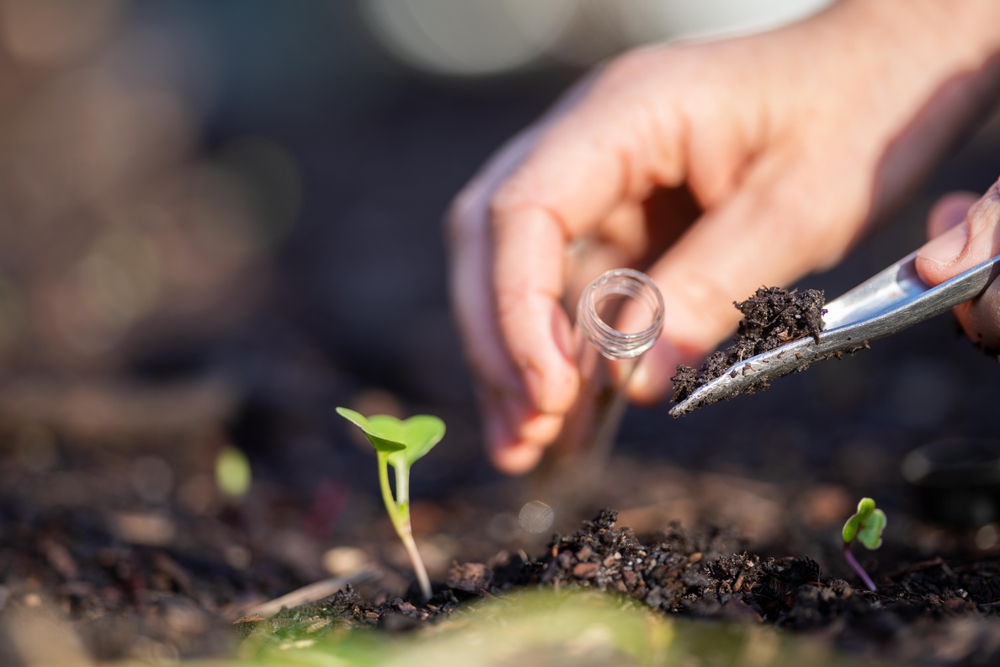
Agronomy in agriculture offers methods for sequestering carbon in agricultural practices, which is crucial for mitigating climate change. Techniques such as cover cropping and reduced tillage enhance carbon storage in soils.
Nutrient Management
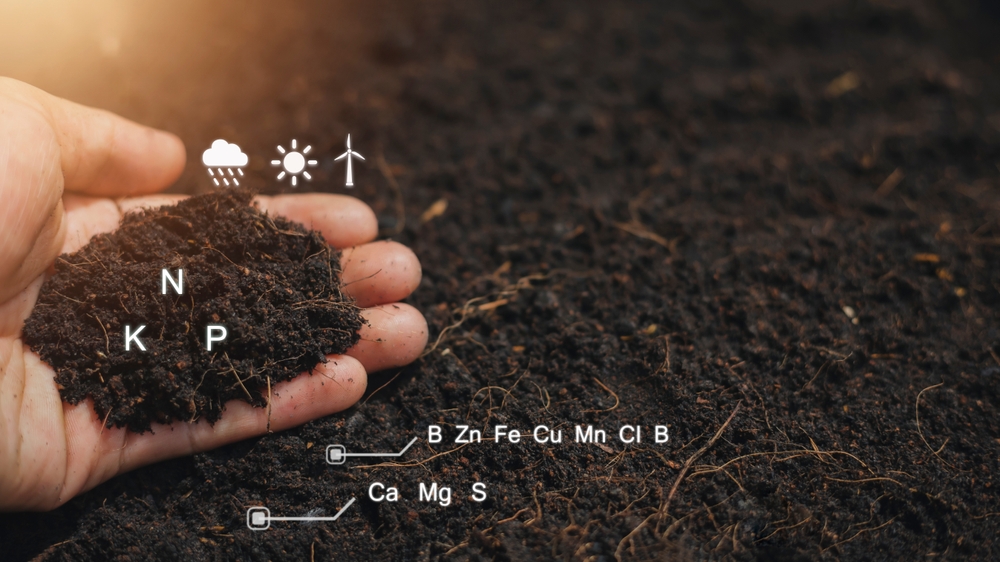
Employing precision nutrient management strategies, agronomists reduce over-fertilization and its associated environmental impacts, leading to cleaner water sources and healthier ecosystems.
Organic Farming and Regenerative Agriculture
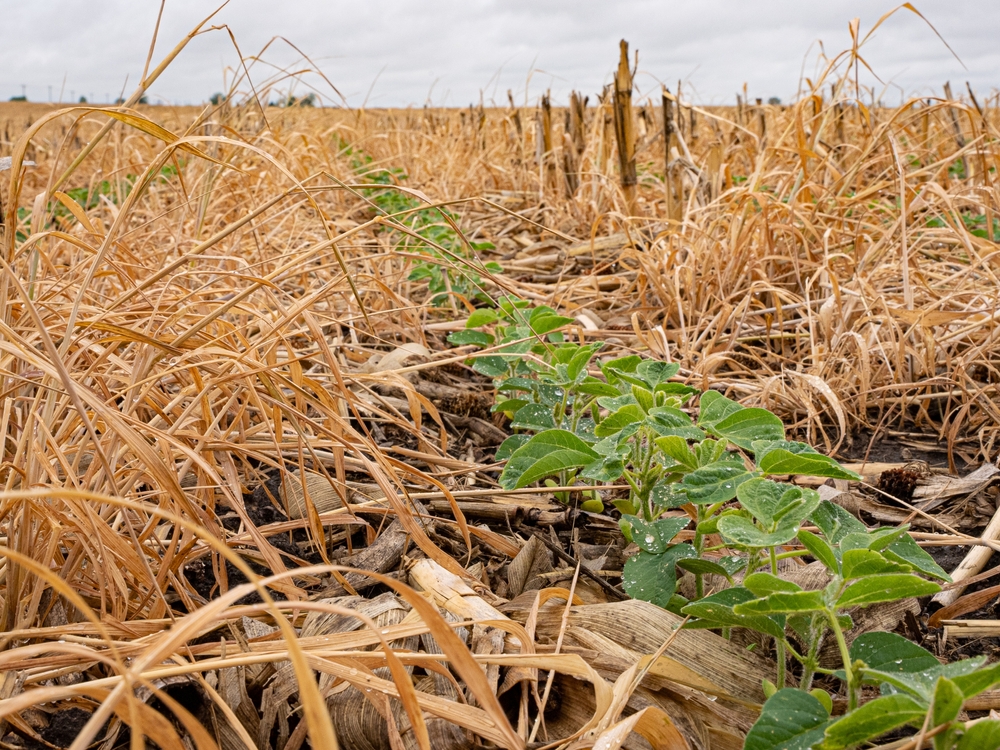
Agronomy in agriculture supports organic farming and regenerative practices, which aim to create sustainable ecosystems while promoting biodiversity and soil health.
How Agronomy is Shaping the Future of Agriculture
As the global population continues to rise, the demand for efficient, sustainable agricultural practices has never been more critical. Agronomy is leading the transformation of the agricultural landscape through innovative technologies and methodologies.
Integrating advanced scientific techniques such as biotechnology, climate-resilient crop development, and urban farming solutions, agronomy is enhancing productivity and addressing key industry challenges. Let’s find out how agronomists are pioneering breakthroughs in genetic engineering, vertical farming, and circular agricultural practices:
Biotechnology and Genetic Engineering
Agronomy in agriculture drives the adoption of biotechnologies such as GMOs and CRISPR, making crops more resilient to pests and environmental stresses.
Climate-Resilient Crops
Innovations in breeding techniques produce climate-resilient crops that can thrive under drought and other extreme conditions, ensuring food security for future generations.
Vertical Farming and Urban Agriculture
Agronomists are at the forefront of urban agriculture, contributing to innovative systems that maximize food production in urban settings while minimizing resource use.
Circular Agriculture
Agronomy in agriculture plays a key role in transitioning to circular agricultural practices, which focus on reducing waste and improving resource utilization throughout farming.
Challenges in Agronomy and How Innovation is Overcoming Them
Agronomy in agriculture plays a pivotal role in addressing the complexities of modern agriculture, but it is not without its challenges, such as:
Soil Degradation
Agronomists actively address soil degradation through innovative practices such as conservation tillage and organic amendments, helping restore soil health.
Pest and Disease Control
Innovative solutions, including biological pest control and the development of resistant crop varieties, are helping agronomists effectively manage pest and disease challenges.
Resource Scarcity
Agronomists are tackling water and nutrient scarcity challenges through innovative technologies and management practices, ensuring that farms can operate sustainably.
Farmer Adoption of Agronomy Innovations
Despite the potential benefits, agronomists need help encouraging farmers to adopt new techniques. Education, demonstration projects, and resource access are critical in overcoming these barriers.
The Role of Agronomy in Global Food Security
As the global population rises, ensuring food security has become a pressing concern for nations worldwide. Agronomy in agriculture is crucial in this challenge by enhancing agricultural productivity and sustainability.
Integrating scientific principles with practical farming techniques, agronomists work to increase crop yields, reduce food waste, and improve resource management. These efforts are essential for meeting the nutritional needs of growing populations while fostering resilient agricultural systems.
Through innovative practices and research, agronomy not only supports the quest for a sufficient food supply but also contributes to the overall health and well-being of communities around the globe. The role of agronomy in agriculture, global food security, helps in the following ways:
Increasing Crop Productivity
Agronomy in agriculture is vital in increasing crop productivity, essential for feeding a growing global population. Optimizing agricultural practices, agronomists help ensure a stable food supply.
Reducing Food Waste
Through better management practices, agronomy can minimize food loss at the farm level, contributing to overall food security.
Improving Rural Livelihoods
Agronomy empowers smallholder farmers by providing access to innovative technologies and knowledge, enhancing their livelihoods and food production capabilities.
How to Leverage Agronomy for Your Farm?
In today’s rapidly evolving agricultural landscape, agronomy is essential for maximizing farm productivity and sustainability.
By integrating scientific insights and innovative practices, farmers can enhance crop yields, improve soil health, and optimize resource use. Collaborating with agronomists can provide tailored strategies that address specific challenges on their farms, from pest management to irrigation efficiency.
Let’s explore practical steps farmers can take to make the most of agronomic expertise and technologies, ultimately leading to more successful and resilient farming operations:
Partnering with Agronomists
Farmers are encouraged to collaborate with agronomists to optimize their operations and implement innovative practices that improve productivity and sustainability.
Top Tools and Technologies for Farmers
Farmers should consider enhancing their farming practices by utilizing agronomy tools such as soil testing kits, precision farming software, and advanced irrigation systems.
Educational Resources
Access to educational resources, including online courses, books, and platforms, can empower farmers and agronomists to stay updated on the latest practices and technologies.
Conclusion
Agronomy in agriculture is vital to modern agriculture, driving innovation and sustainability. Integrating scientific knowledge with practical applications, agronomists play a crucial role in addressing global food security challenges and promoting environmentally responsible farming practices.
As agriculture continues to evolve, agronomy in agriculture importance will only grow, paving the way for a sustainable and prosperous future in food production. Partner with Folio3 AgTech to understand how agronomy can benefit your agribusiness!
FAQs
What is Agronomy?
Agronomy is the science of soil management and crop production, focusing on improving agricultural practices through research and innovation.
Why is Agronomy Important in Agriculture?
Agronomy in agriculture is essential for optimizing crop yields, ensuring soil health, and promoting sustainable farming practices, which are crucial for global food security.
How Does Agronomy Contribute to Sustainability?
Agronomy supports sustainable agriculture by promoting practices that enhance soil health, reduce chemical inputs, and foster biodiversity.
What Innovative Techniques are Being Used in Modern Agronomy?
Techniques such as precision agriculture, data analytics, smart irrigation, and biotechnology are transforming agronomy and improving agricultural productivity.

